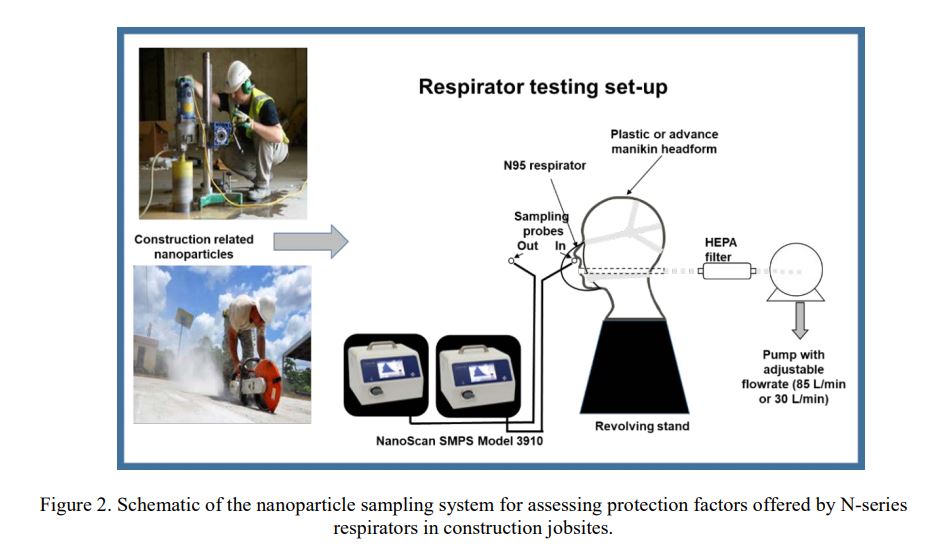Study shows construction workers and correctional workers have the highest positive rate for Covid-19
 A recent study of 730,000 Covid tests found that workers in the construction industry had the highest positive rate of all workers in any industry including healthcare workers. The study was conducted in Los Angeles between August and October by the testing firm Curative. Each person that was tested was required to fill a questionnaires that include their type of occupation. 5.7% of asymptomatic construction workers and 10.1 % of construction workers who had symptoms tested positive. The positivity rate among asymptomatic construction workers was the highest and well ahead of any other type of occupation. “Sick construction workers may still be coming to work if they have symptoms because some have no paid sick leave according to Dr. Jeffrey Klausner, a professor at UCLA’s School of Public Health who co-authored the study.
A recent study of 730,000 Covid tests found that workers in the construction industry had the highest positive rate of all workers in any industry including healthcare workers. The study was conducted in Los Angeles between August and October by the testing firm Curative. Each person that was tested was required to fill a questionnaires that include their type of occupation. 5.7% of asymptomatic construction workers and 10.1 % of construction workers who had symptoms tested positive. The positivity rate among asymptomatic construction workers was the highest and well ahead of any other type of occupation. “Sick construction workers may still be coming to work if they have symptoms because some have no paid sick leave according to Dr. Jeffrey Klausner, a professor at UCLA’s School of Public Health who co-authored the study.
While the study didn’t find any case of asymptomatic correctional workers, among those who got tested because they had symptoms, 12 % were positive. That was the highest rate of positivity among symptomatic workers among all industries.
Workers in food services came 3rd with a positivity rate of 3.8% for those tested who were asymptomatic and 7.8% for those who had symptoms.
 New York Personal Injury Attorneys Blog
New York Personal Injury Attorneys Blog



